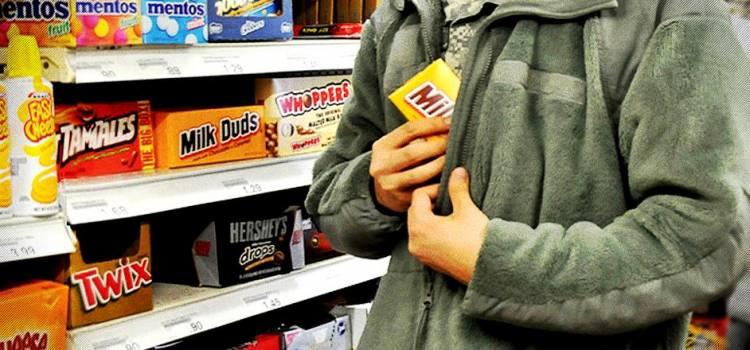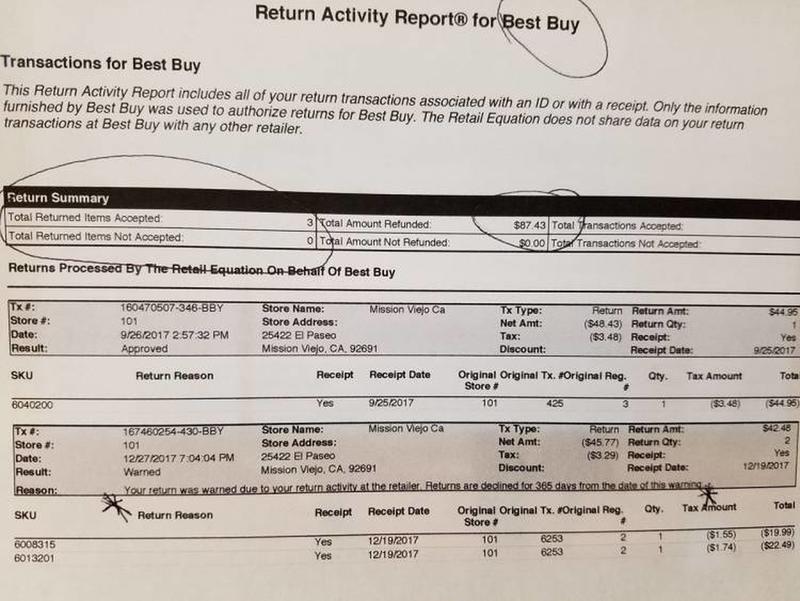Popular stores including the likes of Best Buy, JCPenney, and Victoria's Secret have been the target of furious customers regarding a database that these businesses have been keeping under-the-radar. The database in question acts as a sort of a judge that makes the decision for who of the customers are to be disallowed from making returns. It is manufactured and run by the firm The Retail Equation which is a company that deals with analysis.

This database has the ability to figure out through unspecified thresholds and algorithms if a customer is likely to have the habit of frequently returning items. If this is suspected to be the case then that person is deemed a risk. The implications are that they may be returning a big number of items, goods that are high-priced, products that are commonly stolen at the shop, or returning stuff exactly as the store is about to close.

Returning items is not a new phenomenon and over 1 percent of all returns are suspected to be dishonest. This was estimated in a 2017 survey conducted by the National Retail Federation. Even though 1 percent isn't that much, customers could still get inspected via scans of their driver's license which gives access to a person's transaction past. From there, stores could decide whether that person is eligible to make a return.
Customers that do frauds involving the return of items have several possible strategies or ways to about it. For example, a scammer may switch UPC codes between items of different prices and from there make a profit through the gap between the more expensive and cheaper item. In addition, a possible tactic is to look for receipts on the parking lots or trash cans, find ones that are big in value and then steal the proper items and try to return them.

According to the businesses involved, all these scams done via returning items cost them a loss of over 22 billion dollars every year. However, a lot of customers feel that they've been wrongly affected by the attempts of the retailers to prevent this issue. Some of them have posted on social media to share examples facing incorrect judgments. Jake Zakhar tweeted about an incident when he had problems with trying to return mobile phone cases. In fact, he got forbidden to make returns for 12 months.
More details regarding Jake Zakhar's situation reveal that the reasons for his ban route back to The Retail Equation and their system. The mobile phone cases that he had bought as presents landed him a one year ban from making returns. He was told to ask for a report from The Retail Equation but his listing of the cases which amounted to about 87 dollars didn't result in his ban getting lifted.

In response, Jake wrote a tweet directed at Best Buy in which he stated: "Is this really excessive? Three total exchanges account for 87 dollars. I suppose losing me who just spent 5 000 dollars on appliances over 3 cell phone cases is worth it. I got banned from returns for a year. You lost a high dollar purchaser permanently over your lame system." Best Buy later issued an apology to people who get wrongly affected by their system.